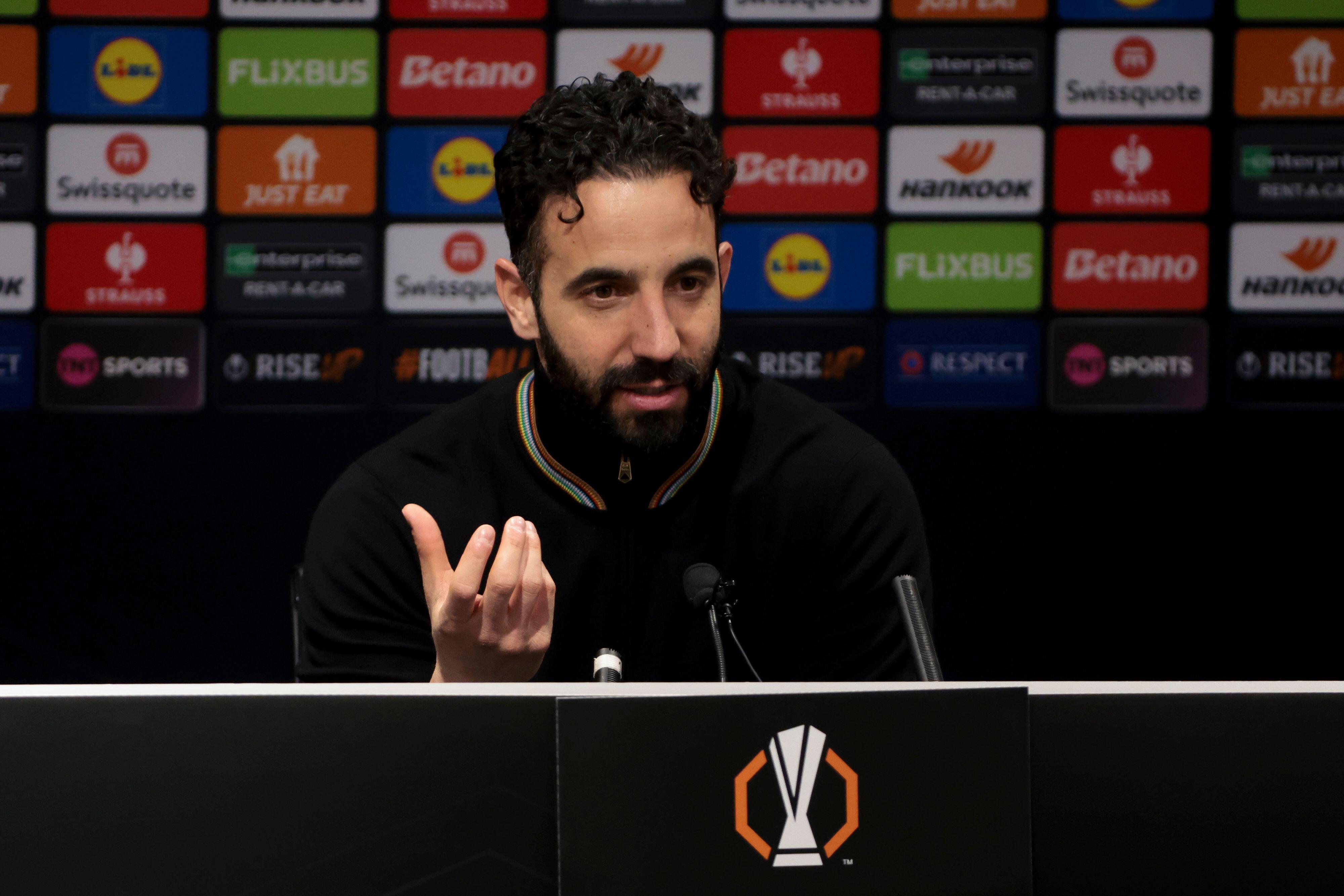Big Sam's guide to man management
Having problems getting the best out of your players? Lend an ear to Everton boss Sam Allardyce and he'll explain the secret to dealing with the different characters in the dressing room
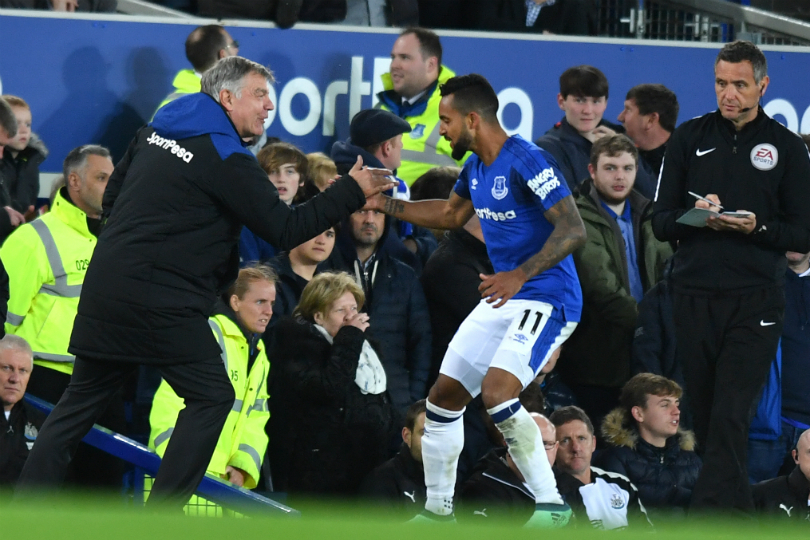
Helping a young player deal with rejection
There are disappointments right the way through life. The most important thing is to not think that that is the end; there’s so much time from the age of 10 to make it, and some grow a lot in that time. Make sure you enjoy your football wherever you can play it – for your school, with small-sided games… play as much football as possible. It happened to me – from the age of 12, I had trials with Wolves, West Brom and Aston Villa and they all said no. When I was 15 I got picked up by Bolton, and moving at such a young age it might as well have been to New Zealand – but that’s professional football, you have to go wherever the opportunity takes you.
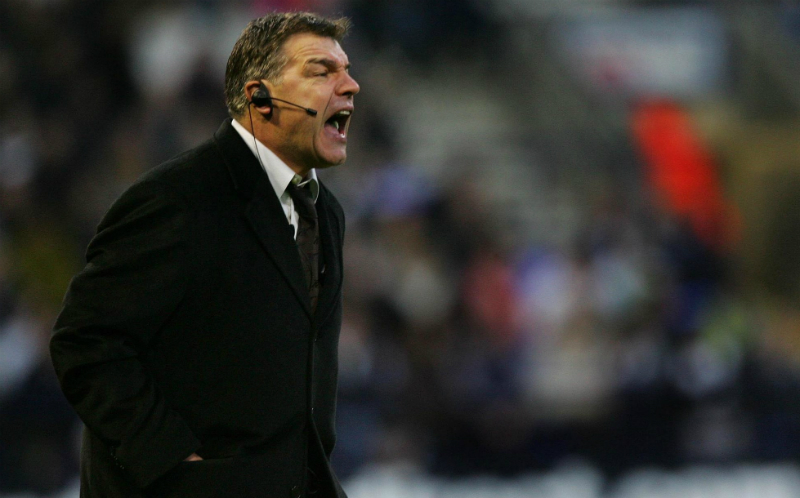
Dealing with a slacker in a hard working team
If he’s not your best player, drop him until he conforms to what you and the rest of the team want him to do. If he’s a player you can’t do without, and he’s not listening to you, ask his team-mates to have a word. Sometimes, the type of person that reacts badly to authority (like disobeying the manager or the coach) will react quite differently to his mates. So ask the captain and the more senior players to find a solution. It won’t undermine or divide the squad; if he’s not pulling his weight, they should encourage him to be a team player and to work more. But if it’s a continuous problem, you’ll have to find someone to replace him.
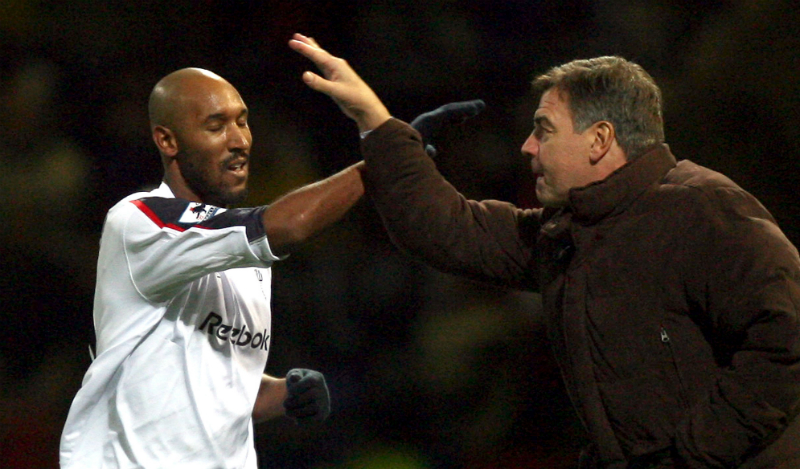
Replacing fringe players when the star is ready to return
The question is what the results have been like while your star player has been out. If the run has been exceptionally good, it makes it even harder to replace the lad that stood in for your top man. On occasion the star man can come back via the subs bench like everyone else because it’s important to show that no one is bigger than the team. If the results haven’t gone so well it’s an easier choice because the team has missed him and everybody will accept changes, but what you really want is the harder choice. That’s a decision you have to make as manager and the player, if he’s a real team player, has to accept it.
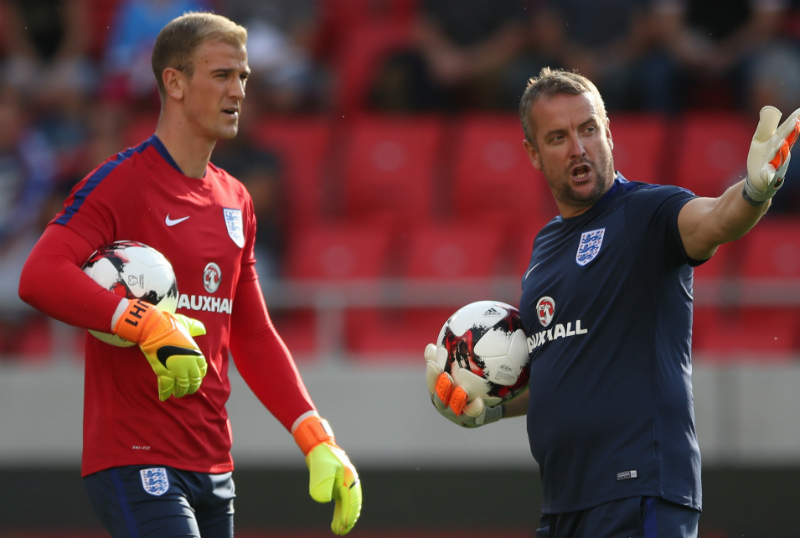
Keeping your goalkeepers happy
Get FourFourTwo Newsletter
The best features, fun and footballing quizzes, straight to your inbox every week.
It is difficult, but my view is that the man in possession of the shirt stays in the shirt. He’ll get rested occasionally to make sure the other lad gets a top-level game in, maybe in a cup, to keep him sharp. But other than that, the only time I’d change is if the No.1 loses his form, you use the No.2 – and if he plays well, he keeps the shirt. But all the time the other’s banging on the door and he knows there’s no margin for error – and of course, the goalkeeper is the one who can make the fewest errors of all so we get a broader base of consistency. When would I swap? Depends how bad the bad game was. You wouldn’t drop him if it’s a slight slip that costs a goal after he’s been playing consistently well, but if he has a few shaky games then a howler, you’d change then.
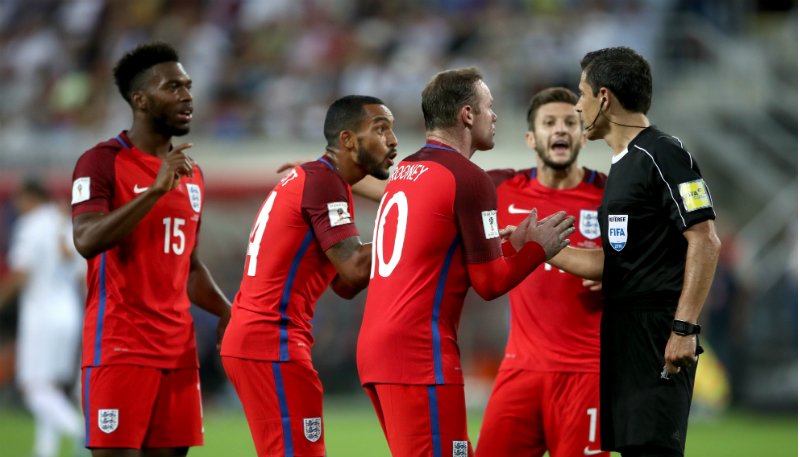
Dealing with a hot head
There’s only one thing to do in that situation – stop playing him. If he’s so disruptive, the team will be looking to the manager to make an example of him. So you’ve got to discipline him. You’ve got to warn him, you’ve got to give him some ultimatums. If he doesn’t improve then, you’ve got to get rid of him because the rest of the team will lose respect for their manager. Whatever team you run, amateur, semi-pro or professional, you have to have a certain level of discipline and relevant set of rules, be it fines or being dropped; remember that his red cards mean he’s going to be missing games anyway. If he keeps getting sent off then it could be an anger management problem. Whether he’s a man or a schoolboy, something in his life is causing these problems on the field; there’s probably some aspect of his life that he’s not happy with and he’s taking it onto the pitch and releasing his frustrations the wrong way.
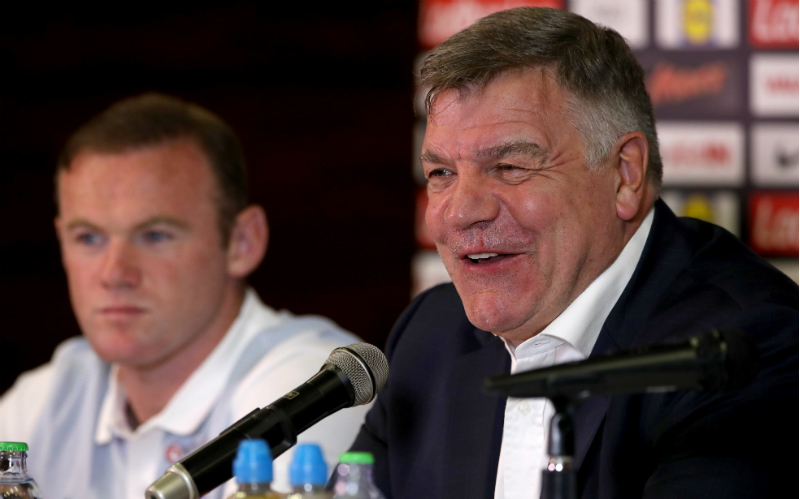
Getting the best out of a leader who’s quiet off the pitch
It sounds like a split personality. He’s being portrayed as a good leader but once he gets on the pitch he clams up. There are two types of captain. One is your best player, who leads by example in the way he plays. The other type organises the team on-and-off the field, encouraging team-mates – he doesn’t necessarily have to be your best player, but he can be very valuable. A quiet player who is the best in the team can still lead by example by being consistent. You won’t get him to talk if he’s not a talker – whether he’s nine, 16 or 36, you can’t change his character, he’d have to change it himself.
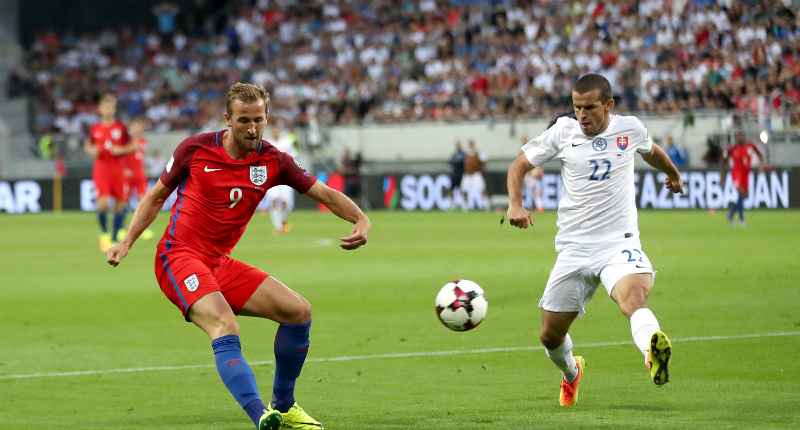
Restoring confidence in a misfiring striker
Players can suffer from a lack of confidence but often that can return as quickly as it leaves you. It may only take one to go in off his knee to get him back on track. You should keep encouraging him, telling him to take on shots as early as possible. If he’s lacking confidence he may be taking extra touches, but in those split seconds defenders have the chance to make the opportunity harder for him to score from. After that he should also concentrate on practicing finishing and technique. It’s also important to remind him that he’s still contributing to a winning side.
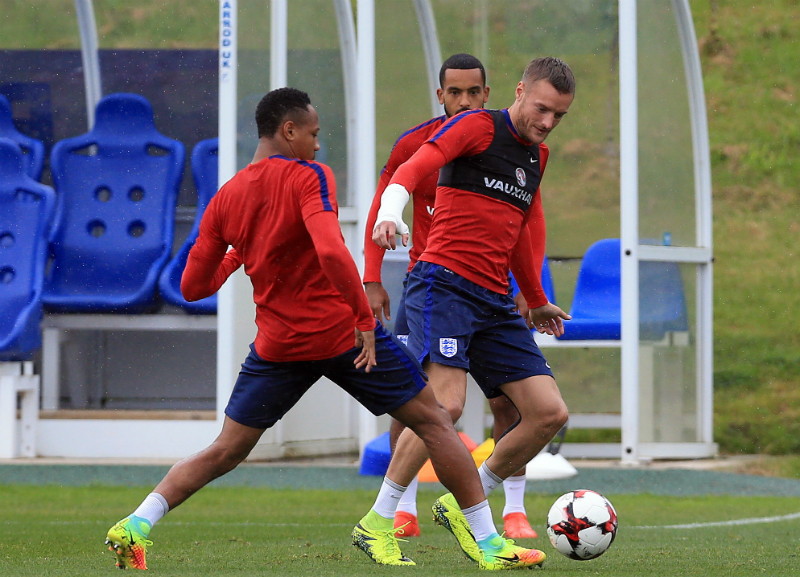
Helping strikers who can’t replicate their training form in a game
Rather than doing shooting practise with little pressure, do game-related practices – get defenders around him so he’s under the same sort of pressure as he is in matches. The more he gets used to it, the better he’ll get. You’ve got to be relaxed and fluent taking a shot to score a goal – in training he’s relaxed, but he’s more uptight and tense in a game. He has the technique to score but the anxiety makes him lose the composure he needs. Constant repetition of the same situation that you get in a match will help him to relax more and take the chances that come his way.
Recommended for you:
Big Sam's guide to team fitness
Big Sam's guide to motivation
